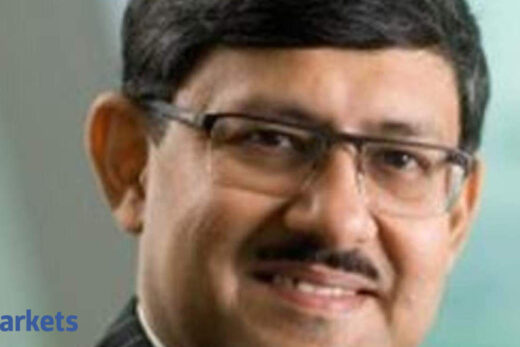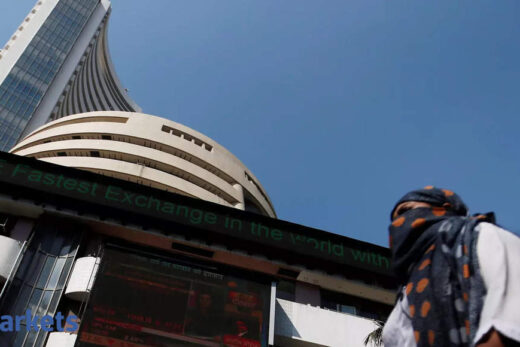A legal opinion has now been sought to ascertain if privatised BPCL will be eligible to receive liquefied petroleum gas (LPG) produced by companies such as ONGC and GAIL, two government officials with knowledge of the development said.
Currently, BPCL has more than 8.4 crore domestic LPG customers, including 2.1 crore Ujjwala customers. The company does not produce enough LPG at its refineries to be able to cater to the requirement of all these.
It, like other oil marketing companies, buys LPG from state-owned firms like Oil and Natural Gas Corporation (ONGC) and GAIL (India) Ltd as well as private companies such as Reliance Industries Ltd.
The Liquefied Petroleum Gas (Regulation of Supply and Distribution) Order, 2020, known as LPG Control Order of 2000, restricts sale of indigenously produced cooking gas only to state-owned oil marketing companies — Indian Oil Corporation (IOC),
(HPCL) and BPCL.
It restricts supply of LPG produced by firms such as ONGC and GAIL to private firms. Private LPG retailers, called parallel marketeers, have to use imported gas for supplying to customers.
The 2000 Control Order was issued as the nation is short in LPG production.
Once BPCL is privatised, the 2000 order will bar ONGC and GAIL from selling LPG to BPCL, the officials said.
“Post divestment of the government’s stake in BPCL, it shall cease to be a government oil company in terms of clause 2(g) of LPG Control Order of 2000,” an official said.
With no access to indigenously produced LPG, BPCL won’t be able to serve its customers and it would not be possible to shift the customers to IOC and HPCL as LPG cylinder equipment at customer end will need to be changed. Also, IOC and HPCL may not have the required infrastructure to cater to such a large customer base, the officials said.
As a way out, it is being considered to continue to treat BPCL as a government company for the purpose of the 2000 Control Order for three years, the officials said adding that a legal opinion has been sought to ascertain if such a move is tenable under the law.
The other alternative is to amend the LPG Control Order itself to allow private firms to access indigenously produced LPG. This would open up LPG retailing to other private firms.
Officials said law ministry opinion has been sought to determine if the term government oil company in the LPG Control Order necessary requires the company to be a government company and if BPCL post privatisation can be notified as a government oil company.
To interpret the term ‘government company’, the opinion of the Ministry of Corporate Affairs (MCA) as well as the Ministry of Consumer Affairs (MoCA) has been sought, they said.
MCA because it is the administrative ministry for purposes of administration of the Companies Act, 2013 and MoCA because it is the administrative ministry/department for the purposes of administration of Essential Commodities Act, 1955, under which the LPG Control Order of 2000 was issued.
Officials said the new owner of BPCL will after three years of takeover get a right to decide on retaining the business of selling subsidised LPG.
The firm’s cooking gas LPG customers will be transferred to IOC and HPCL in case the new owner does not want to continue with such a business, the officials added.
The government gives 12 cooking gas (LPG) cylinders of 14.2-kg each to households in a year at a subsidised rate. There is no subsidy being paid in most parts of the country but a subsidy will be directly paid into the bank accounts of the users in case prices rise steeply.
The government is selling its entire 53 per cent stake along with management control in BPCL. The new owner will get 15.33 per cent of India’s oil refining capacity and 22 per cent of the fuel marketing share. It also owns 18,652 petrol pumps, 6,166 LPG distributor agencies and 61 out of 260 aviation fuel stations in the country.



